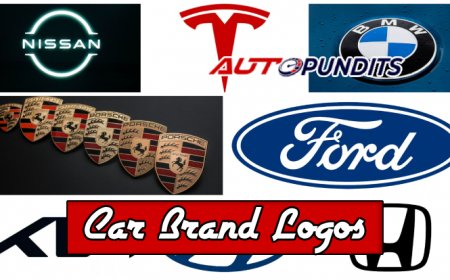The Impact of Electric Vehicle Firms on Automotive Industry
Explore how electric vehicle firms are reshaping the traditional norms of the automotive industry.
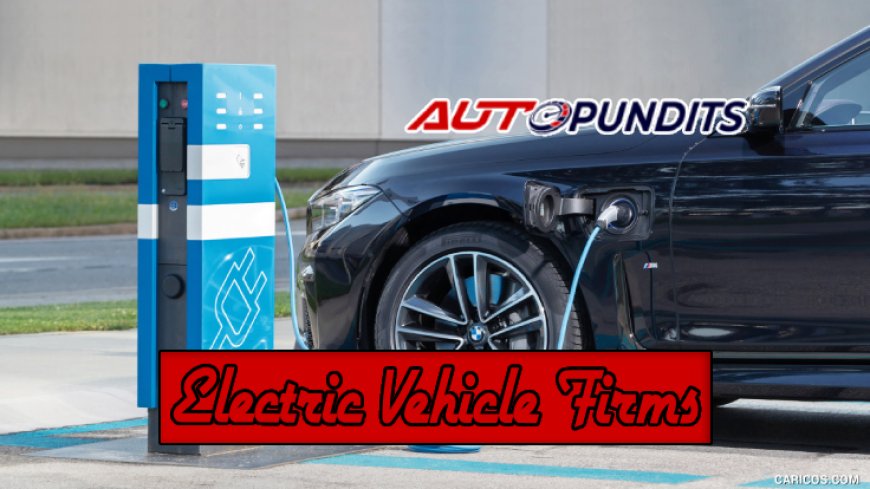
Electric Vehicle Firms are dramatically changing the automotive landscape. These innovative entities are not just introducing groundbreaking technology, but they're also reshaping the way we perceive transportation and luxury. This article will explore the impact these firms have on the industry, and probe into the emerging trends they set in motion.
How Electric Vehicle Firms Are Shaping the Automotive Industry
Over the last decade, electric vehicle firms have sprung up across the globe, each aiming to redefine the conventional wisdom of the automotive industry. Their pursuit of cleaner, more sustainable means of transportation has set new benchmarks, challenging the reign of traditional combustion engines.
Table of Contents
- The Rise of Electric Vehicle Firms
- The Impact on Luxury Automotive Market
- Electric Vehicle Firms and Innovation
- How Traditional Automakers Are Responding
- The Future of Automotive Industry with Electric Vehicles
The Rise of Electric Vehicle Firms
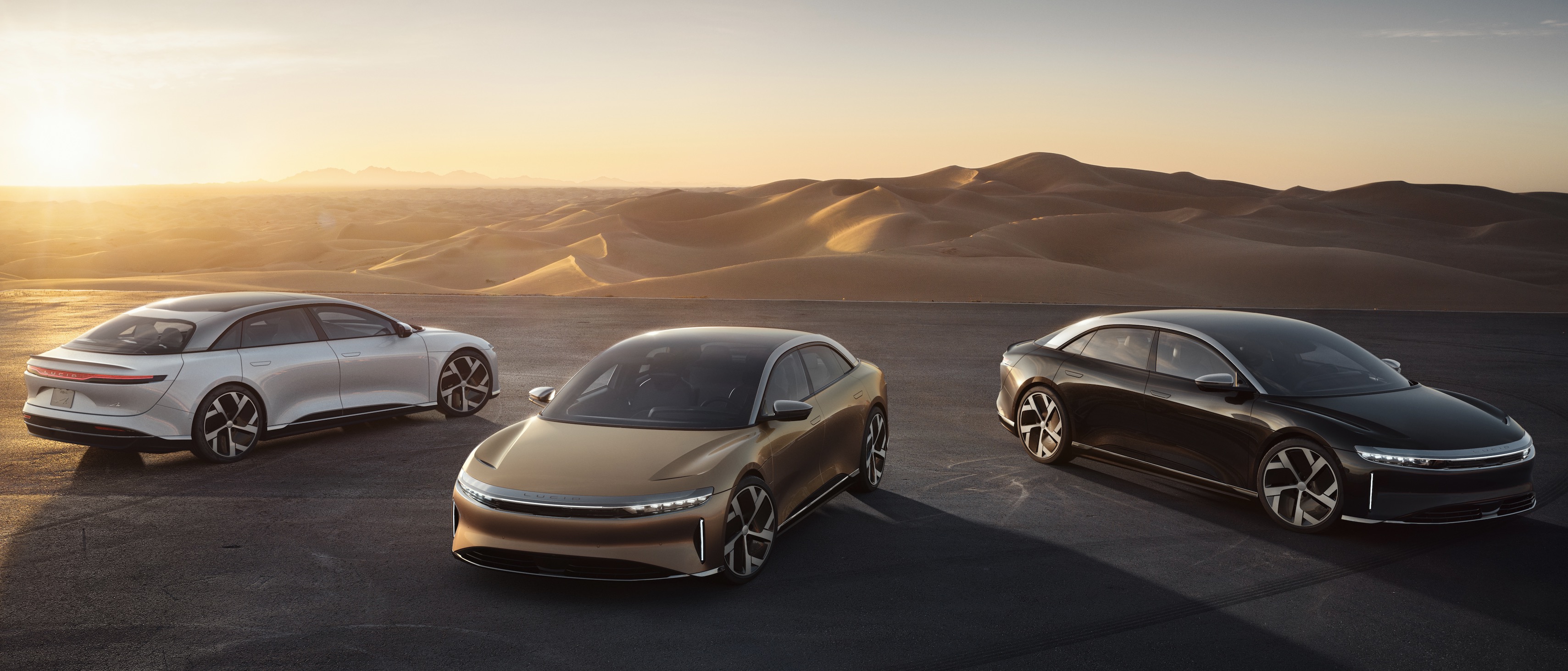
It's undeniable that the past decade saw a significant spike in the number of electric vehicle (EV) firms. Companies like Tesla, Rivian, and Lucid became synonymous with high-end, fully electric automobiles. Let's review a few major milestones that marked this shift:
- Tesla: Elon Musk's brainchild broke into the mainstream, not just as a viable EV manufacturer, but as a symbol of luxury and technological prowess.
- Rivian: This firm differentiated itself with rugged, all-electric SUVs and pick-up trucks, earning accolades for their off-road ability.
- Lucid: Emphasizing luxury and efficiency, Lucid is making waves in the industry with the Lucid Air, known for its extraordinary range and opulent interiors.
The Impact on Luxury Automotive Market
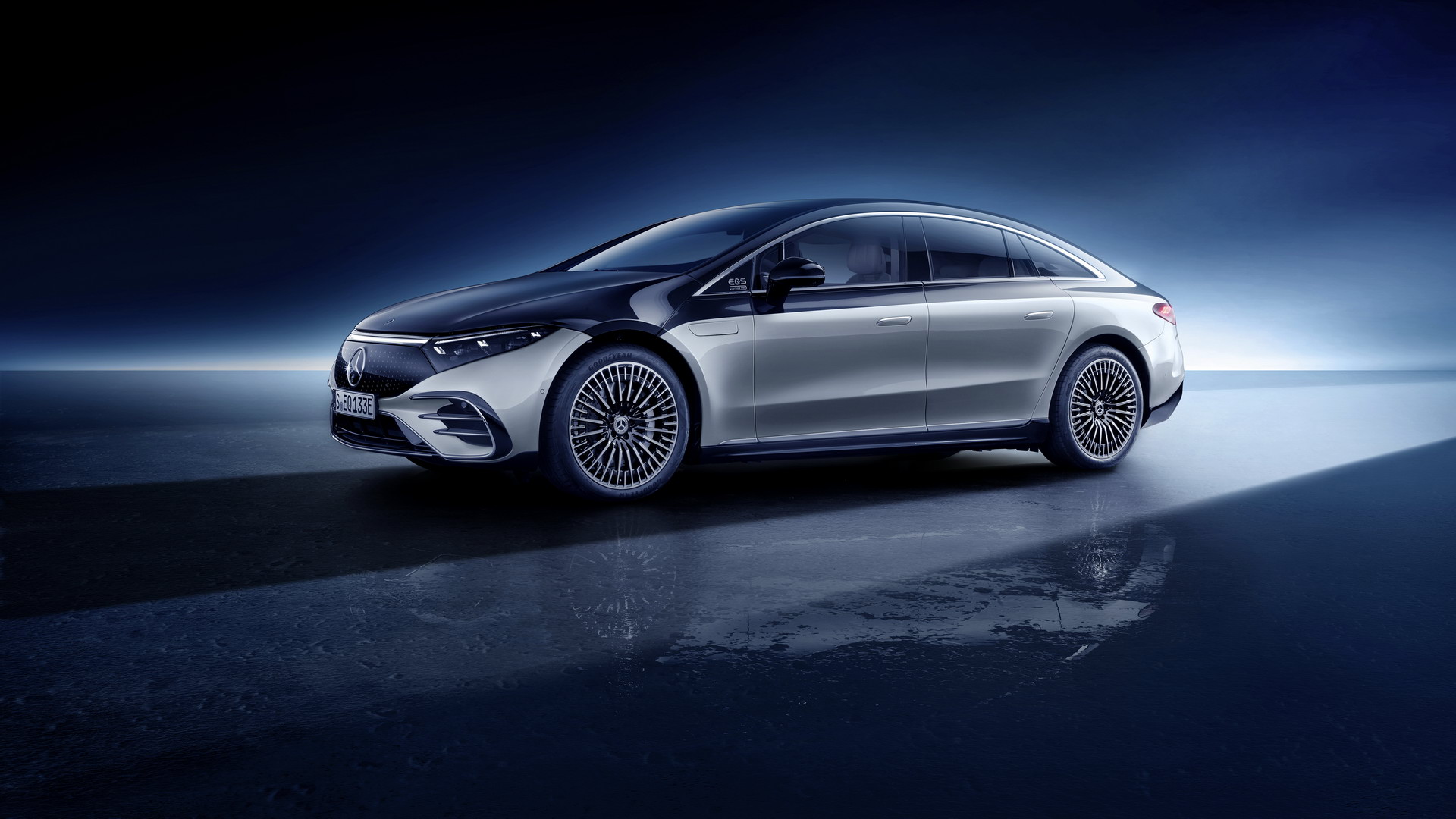
The introduction of these brands redefined what it means to be a luxury vehicle. Traditionally, the luxury car segment was dominated by German manufacturers like Mercedes-Benz, BMW, and Audi. Today, Tesla’s Model S and Lucid’s Air are well-regarded for their tech-laden, minimalist cabins, shifting the luxury focus from ornate design and plush materials to sleek innovation and cutting-edge technology.
Alongside this change in customer perception, electric vehicle firms have had an immense impact on the market's economics. With their disruptive business models, coupled with a rising consumer consciousness about environmental sustainability, EV manufacturers are generating a significant demand.
The Question Of Affordability
Notwithstanding the surge in demand, the issue of affordability is persistent. Electric vehicle firms, in their quest to offset high manufacturing and research costs, usually price their products on the higher side. For instance, the starting price of a Tesla Model S is nearly $90,000, far off from the average new car price in the U.S. Can this elite pricing structure sustain in the long run? We explore more in the next section.
Electric Vehicle Firms and Innovation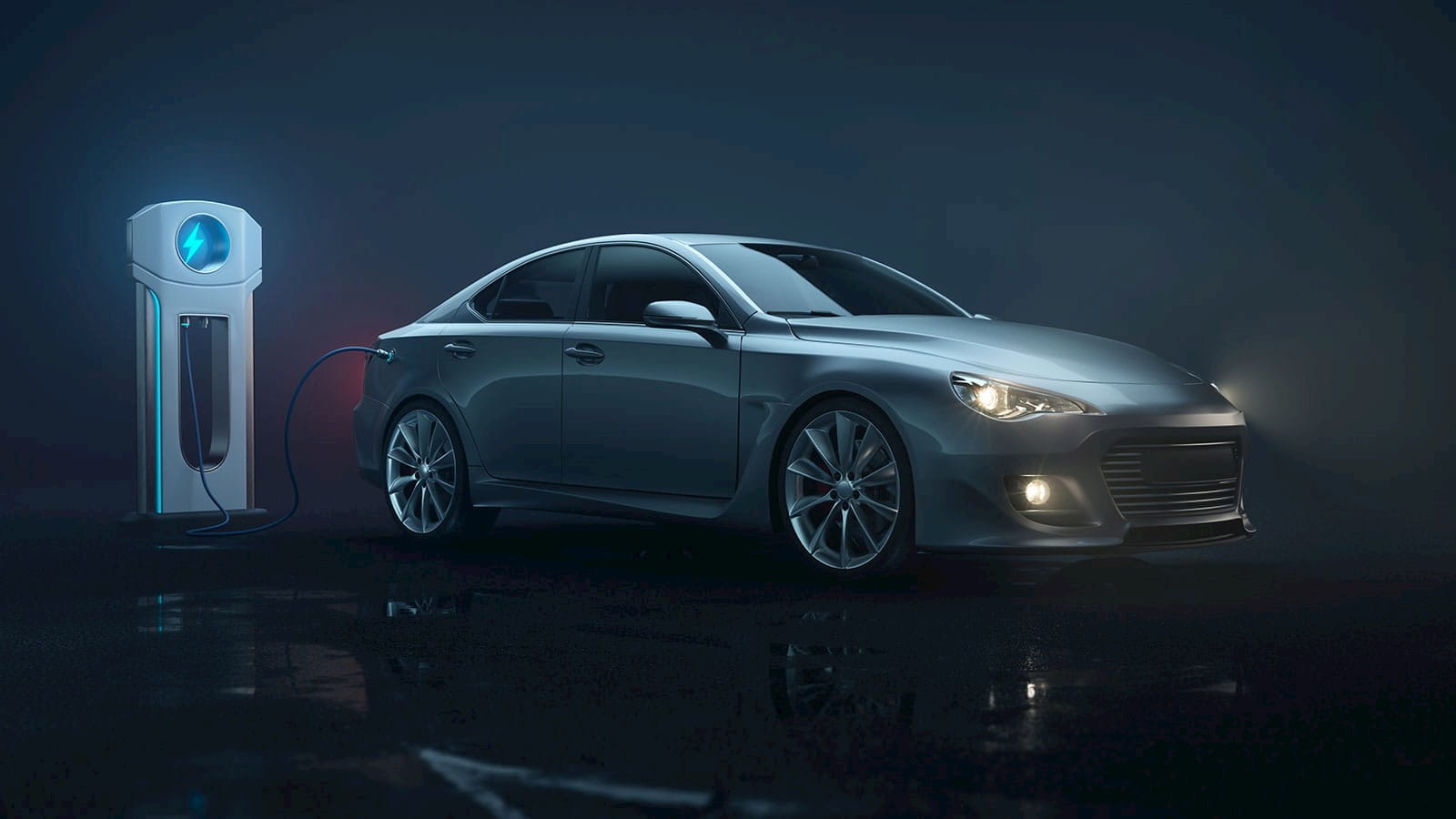
"Innovation distinguishes between a leader and a follower," Steve Jobs once said, and in the world of electric vehicles, innovation is the driving force. From breakthroughs in battery technology to enhancing the range, EV firms are relentless in their pursuit of progress.
- Battery Technology: Tesla's latest '4680' battery cells promise significant improvements in energy density and longevity, effectively increasing the vehicle's range and lifespan.
- Autonomous Driving: A range of EV makers, led by Tesla, are seriously pursuing self-driving technology, leading to considerable advancements in autonomous driving.
- Advanced Infotainment: The latest EV models come with high-tech infotainment systems offering extensive connectivity options, creating a seamless link between the car and the digital world.
Note: While these innovations set the stage for a more robust EV market, they also raise new challenges concerning infrastructure, like charging stations' availability and preparedness for autonomous vehicles.
How Traditional Automakers are Responding
No industry can escape change, and the automotive industry is no exception. As the popularity of electric vehicles grows, traditional automakers are forced to reassess their strategies and norms. Numerous powerhouse brands are beginning to embrace the future, stepping up their game in electric mobility. Let's look at some examples:
- Volkswagen Group: Aiming to stop selling combustion engines in Europe by 2035, Volkswagen plans to invest hugely in the electric and automated driving sector.
- General Motors: GM announced its aspiration to achieve zero tailpipe emissions by 2035 and committed to invest $27 billion in electric and autonomous vehicles over the next five years.
- Volvo: Emphasizing their commitment to climate neutrality, Volvo plans to be an all-electric car company by 2030.
The Future of Automotive Industry with Electric Vehicles

While the transition from Internal Combustion Engine (ICE) vehicles to EVs is inevitable, the pace of this transformation will largely depend on the strategies adopted by governments, automakers, and consumers. Among other factors, infrastructure development, battery manufacturing and recycling, and cost-effectiveness are pivotal.
The Green Revolution
Central to this transformation is the worldwide push towards greener energy and environmentally sustainable solutions. The automotive industry represents a significant portion of global carbon emissions, and the shift to EVs has the potential to make a significant dent in these figures. However, it's important to note that we've only scratched the surface with EV technology, and the future promises to be full of exciting developments.
Final Thoughts
To wrap up, it's clear that electric vehicle firms have upended the norms of the global automotive industry. They have not only introduced advanced technology innovations but have also challenged our perceptions of luxury and eco-conscious living. The impact of these firms will continue to be felt for years, as traditional automakers play catch-up, and as consumers increasingly opt for greener, more sustainable options. As we journey towards a cleaner and more sustainable future, AutoPundits will be there every step of the way, providing you with in-depth analysis, insights, and the latest trends in the luxury EV landscape.
What's Your Reaction?








